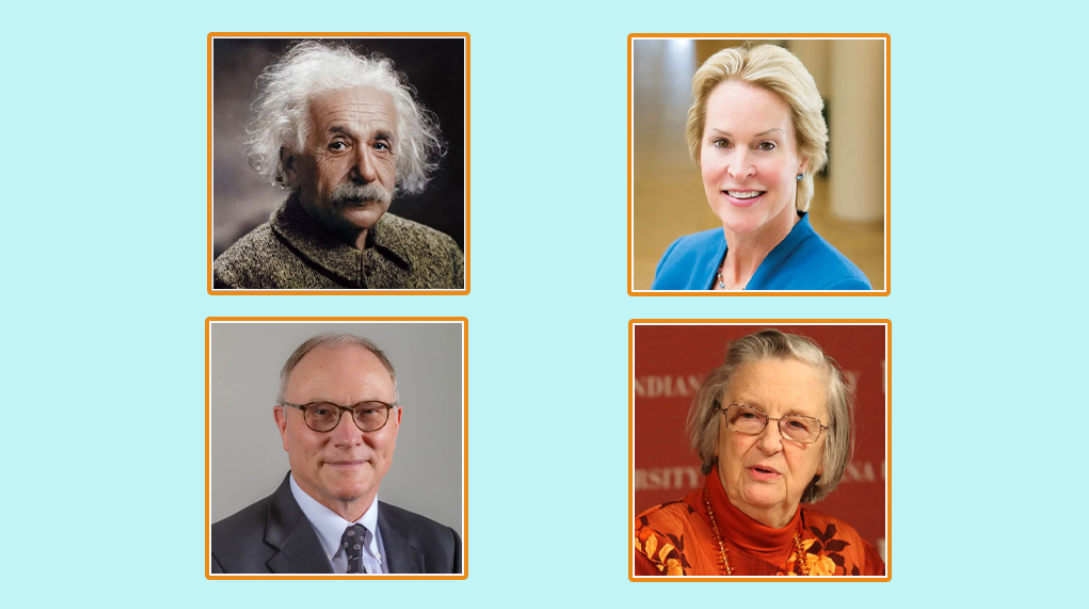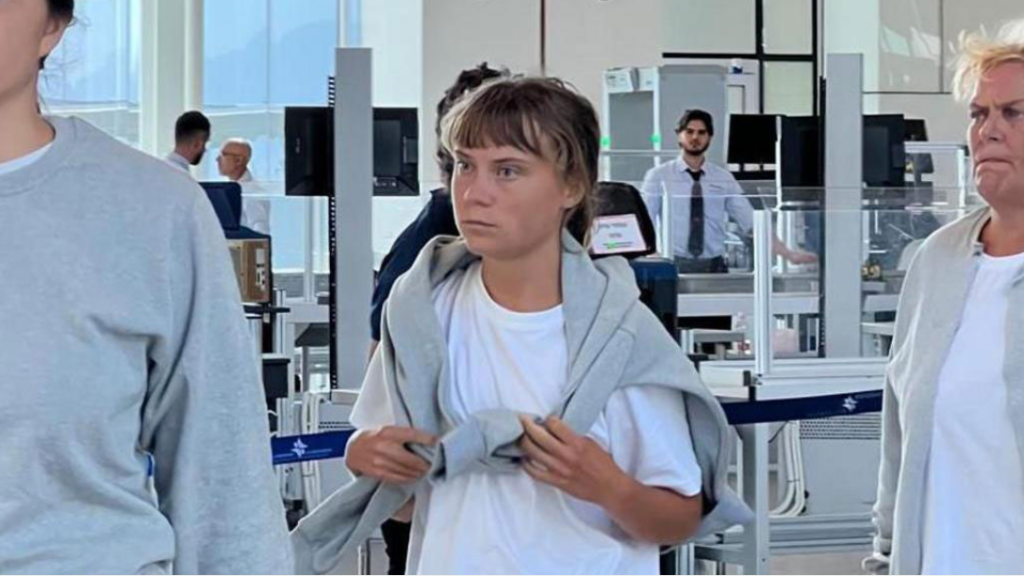Desk Report:
Expelled, backbenchers and truant students have also won the Nobel Prize
Most Nobel laureates had very different beginnings. Some excelled in studies from a young age, some skipped classes, some were expelled from school, and some were even worried about their future.
Albert Einstein, one of the famous Nobel laureates, was also an average student in his youth. He studied at the Zurich Polytechnic School, now known as ETH Zurich. At that time, Einstein did not go to class regularly. He only wanted to study physics. In 1900, he passed with the second lowest marks in his class. Although his classmates got the opportunity to become research assistants after graduation, he was the only one who did not get that offer. However, Einstein later won the Nobel Prize in Physics in 1921.
Frances Arnold, who won the Nobel Prize in Chemistry in 2018, also skipped school as a child. Her academic career was unstable at the beginning of her studies in the United States in the 1960s and 1970s. “I was naughty, I couldn’t concentrate in class easily. I was far ahead of my studies, so teachers would give me extra work like organizing the class.”
Frances Arnold also got the opportunity to study subjects like geometry in high school at the age of 10. Although she enjoyed the subjects at first, school became boring for her as a teenager. At one point, she stopped going to school, and was even expelled. “I wasn’t interested,” she says. “Whatever I wanted to know, I would learn by reading books on my own. I would pass exams without going to class.”
Now 69, Arnold admits that her path is not one for others to follow. But she believes schools should be more flexible. “Schools can’t ensure that children who need special arrangements are taken care of,” she says.
David Card, who won the Nobel Prize in Economics in 2021, also started his studies in a different way. “There’s no one like me among those who come to the PhD program in economics,” he says. I went to a rural school.’ Born on a farm in Canada in the 1950s, Card attended a small school where one teacher taught about 30 students at a time. Card said, ‘I also paid attention to what I was studying outside of class. That way, I could learn a lot faster.’ But he admitted that this system was not good for students who needed extra attention.
According to the Nobel Foundation, many other laureates faced educational obstacles early on. Elinor Ostrom, the first female Nobel laureate in economics, was denied a PhD. Carol Greider, the 2009 Nobel laureate in medicine, suffered from dyslexia as a child. Tomas Lindahl, the 2015 Nobel laureate in chemistry, failed chemistry in school.
Both Arnold and Card worked to earn money from an early age. They say it was a great experience in life. Arnold worked as a waitress, a receptionist, and even a taxi driver as a teenager. He said, “When you work, you realize how valuable a university education is. It can lead you to a career that you might want to pursue for the rest of your life. At the same time, it teaches you time management.”
Card also helped his father with farm work from a very young age. He said, “We didn’t have much homework in school. So I had time to work. I learned to drive a tractor when I was 11. Every morning, I would get up and milk the cows with my father. Then I would take a shower and go to school.”
They both focused on different subjects at the beginning of their studies. Arnold first studied mechanical engineering and aeronautics. Later, he leaned towards chemistry. “I didn’t know what I wanted to do in life. I chose mechanical engineering; because it had the fewest requirements.”
On the other hand, Card first started studying physics but later switched to economics. Eventually, they reached extraordinary success by taking different paths.
Source: AFP




